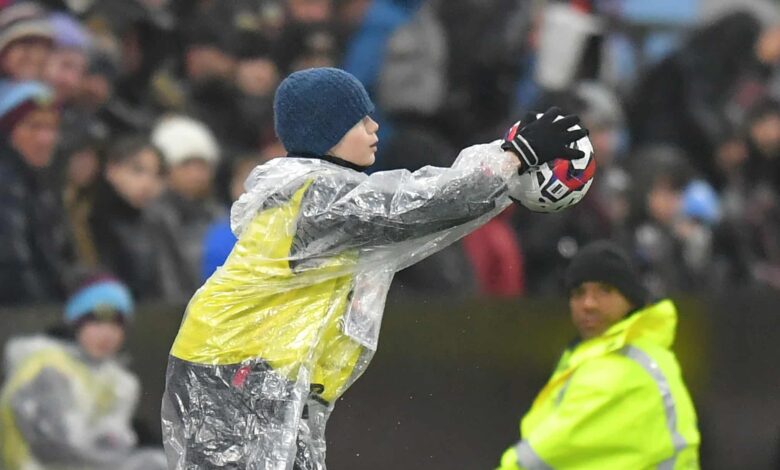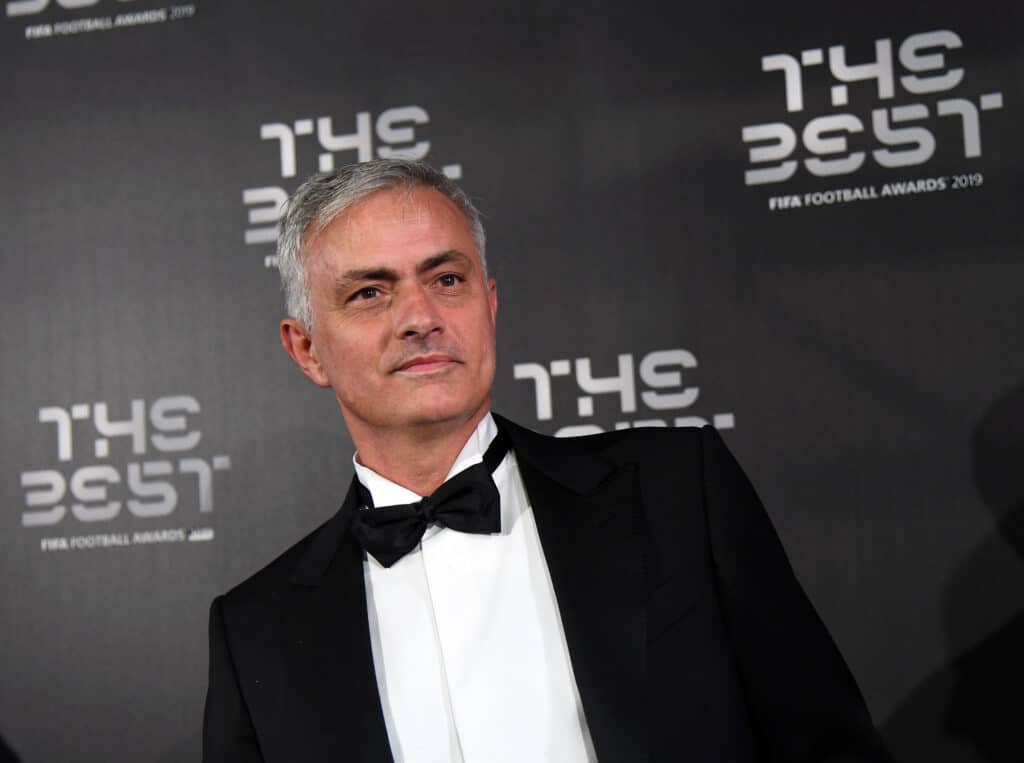
In the world of football, where stars shine under the stadium lights and managers strategise from the sidelines, there exists a group of unsung heroes often overlooked in the grand spectacle – the ball boys. These seemingly inconspicuous, youthful individuals stationed along the touchlines play a pivotal role that extends far beyond merely supplying balls to keep the game rolling. Expected to possess quick reflexes, unyielding dedication, and an intricate understanding of the game, these unsung heroes silently contribute to the rhythm and flow of football matches, influencing crucial moments in ways that often evade the spotlight.
History of the Ball Boy:
The ball boy was invented in the early 1900s in England. In 1905, Chelsea signed William ‘Fatty’ Foulke, an enormous goalkeeper who dwarfed everyone else on the pitch. He was 6ft4 and weighed 146 kg. Due to his heavy frame, Foulke used to bring two kids to the pitch to stand behind the goalposts. Whenever the ball was shot astray, the children would go bring the ball back to him. His hefty size and likely shortage of fitness meant the ball boys preserved Foulke a lot of time and effort when fetching the ball for him.
Subsequently, it caught on and started to be used across the top divisions of England. Now, all teams worldwide use ballboys. They are often cherry-picked from the academies of clubs and it is used as a reward for young players. It is also an opportunity to give them exposure to a large crowd in a high-pressure environment for the first time. Callum Hudson-Odoi and Phil Foden both used to work as ball boys for Chelsea and Manchester City respectively.
Notable Ball Boy Actions:
Eden Hazard and the Swansea Ball Boy (2013):
In a League Cup semi-final match between Swansea City and Chelsea in 2013, a ballboy incident gained widespread attention. Chelsea’s Eden Hazard attempted to retrieve the ball from a ballboy who seemed to be time-wasting by holding onto it. In the heat of the moment, Hazard appeared to kick the ball from underneath the ball boy, resulting in his dismissal from the match. The incident sparked debates about player behaviour, the role of ball boys, and their conduct during games.
However, the kick clearly didn’t permanently harm ballboy Charlie Morgan. The ex-Swansea ballboy has since gone on to achieve outstanding success as an entrepreneur, co-founding the prominent vodka brand Au Vodka, which has seen tremendous growth and international expansion. He is now featured on the Sunday Times Young Rich List.
Pep Guardiola will coach everyone (2017):
In 2017, Pep Guardiola, who had once been a ballboy himself, disclosed details of a mid-game exchange he had with a Manchester City ballboy to the media. “The ballboys were slow, everybody was slow. And we have to create in the game, to provoke the game … In the second half, you could see immediately that the team was ready.”
The Quick Thinking Ball Boy (2019):
In December 2019, Tottenham Hotspur manager Jose Mourinho made headlines when he invited a ball boy into the dressing room after their Champions League match against Olympiacos. Tottenham were trailing 2-0 in the first half when Mourinho gestured to the ball boy to hurry up in returning the ball for a throw-in. The quick reaction of the ball boy helped Tottenham regain momentum for a quick throw-in, leading to a goal by Lucas Moura. Impressed by the ballboy’s alertness and contribution to the team’s quick play, Mourinho publicly praised the young lad during the post-match interview and later invited him into the dressing room to meet the players. Mourinho’s gesture of acknowledging the ballboy’s role emphasized the importance of everyone involved, regardless of their position, in the team’s success.

Future of the Ball Boy:
The future of the ball boy faces potential threats from advancements in AI and automation, as technology continues to redefine various aspects of sports. AI-controlled mechanisms could replace the traditional role of ball boys, offering increased efficiency and precision in ball delivery.
However, despite these technological advancements, the role of the ball boy should endure due to its deep-rooted tradition and human element in the game. The presence of ball boys adds a sense of authenticity, spontaneity, and a human touch to matches that cannot be replicated by machines. Their connection to the game, understanding of its nuances, and ability to respond to the ebb and flow of the match are integral parts of football culture and should be preserved as an essential aspect of the sport’s heritage.
By Nicky Helfgott / @NickyH3lfgott on Twitter (X)



